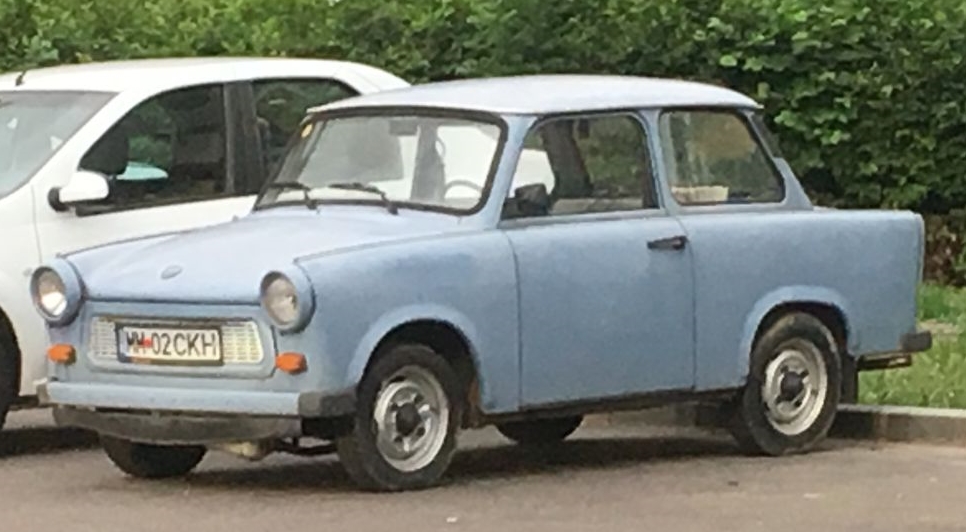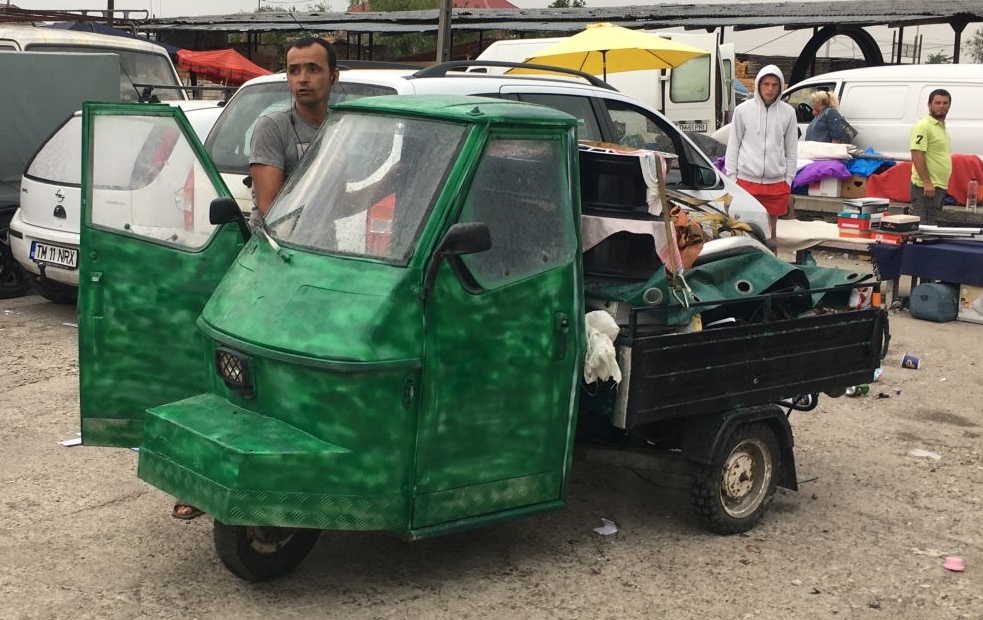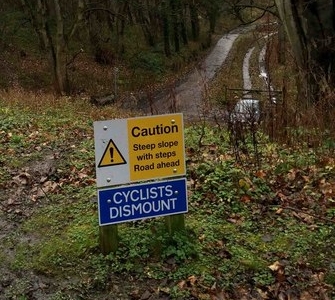You’ll be relieved to know that this is my fifth and final post in the series on transport.
What word to we use to describe the process of getting from once place to another? Journey? Travel? Tour? Trip? We have several words in English that we use to talk about getting from A to B, but they’re all used slightly differently. Understandably this can be confusing for learners, so I’ll try to clear things up a bit here.
Trip is probably the easiest. If you started at A and arrived at B, you’ve completed a trip, whether it took you five minutes or five weeks. We can even use trip to talk about the whole experience of going from A to B, spending time at B, and coming back to A again.
Devonport is only a short ferry trip away from central Auckland.
I’m just going to make a trip to the supermarket. Is there anything you need?
A round trip costs £15. (“Round trip” means from A to B and back to A.)
Last month I went on a business trip to Hong Kong.
Have a good trip.
Journey is similar to trip, but we tend to use it for longer experiences. Unlike trip, we only use journey to describe the process of getting to the destination, not what happens when we get there.
The journey from Timișoara to Baia Mare took almost seven hours.
I saw my cousin on my return journey from Scotland.
If you exit the Underground at one station and enter at a different station, you will be charged for two separate journeys.
Have a safe journey.

Travel can be either a verb (“I travelled by car”) or an uncountable noun (“bus travel”). The following sentences are all correct:
I don’t like travelling by boat because I often get sick.
Train travel in France is expensive.
Motorists are urged to avoid all unnecessary travel.
If you travel after nine o’clock, you usually get a cheaper fare.
Because travel is uncountable, you can’t say “a travel”. A lot of people get this wrong. The following sentences are all incorrect:
*I hope you have a good travel.
*The kids were exhausted after a long travel.
*I’ve done three travels to Germany so far this year.
Tour is a little different. A tour is usually something you do for pleasure, and you’ll normally have a guide, someone who shows you around. In a tour, you usually (but not always) finish up where you started.
Last year we went on a ten-day tour of Australia.
If you go to Boston, I’d certainly recommend the Duck Boat tours.
Tours of the museum are every hour, on the hour, from 10am to 4pm.
Sports teams sometimes go on tours where they play several matches, usually in the same country. Note that tour can also be a verb:
The British and Irish Lions recently toured New Zealand.
A cruise is a holiday spent on a ship, where you visit several places along the way. A voyage is a journey to a very distant place, often on a ship but sometimes on a spaceship. If you’ve ever been on a voyage, please leave a comment!
For shorter trips, we sometimes talk about an excursion or an outing.
My mother doesn’t like being in the nursing home, but she enjoys the weekly excursions.
My eldest son is going on a school outing to the Natural History Museum tomorrow.
An expedition is fairly serious business. You go on an expedition if you’re exploring an area, perhaps for scientific purposes, or if you’re at war.
Several of our common “travel verbs” can also be used as nouns in place of words like “trip” or “journey”. Usually the noun and verb are the same, but for the verb “to fly”, the noun is flight.
It’s a short drive from Jack’s house.
Jakarta to Bali is a 90-minute flight.
I went on a long bike ride yesterday, so I’m quite sore now.
Amelia goes for a two-mile run every morning before breakfast.
We like to go for a brisk walk after our Sunday dinner.
The train ride through the Carpathian Mountains is beautiful.

How do you drive (or ride) this thing?
Finally, a receptionist at a Romanian hotel once asked me, *”How was your road?” In some languages you say the equivalent of this, but in English we don’t. A road is strictly the thing that cars and trucks travel on. We say “How was your journey?” or “How was your trip?” We might also ask “How was your flight?” if we know that the person travelled by plane.






